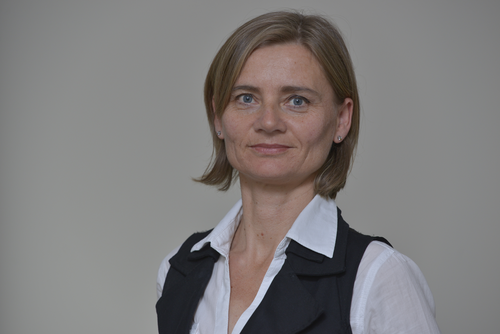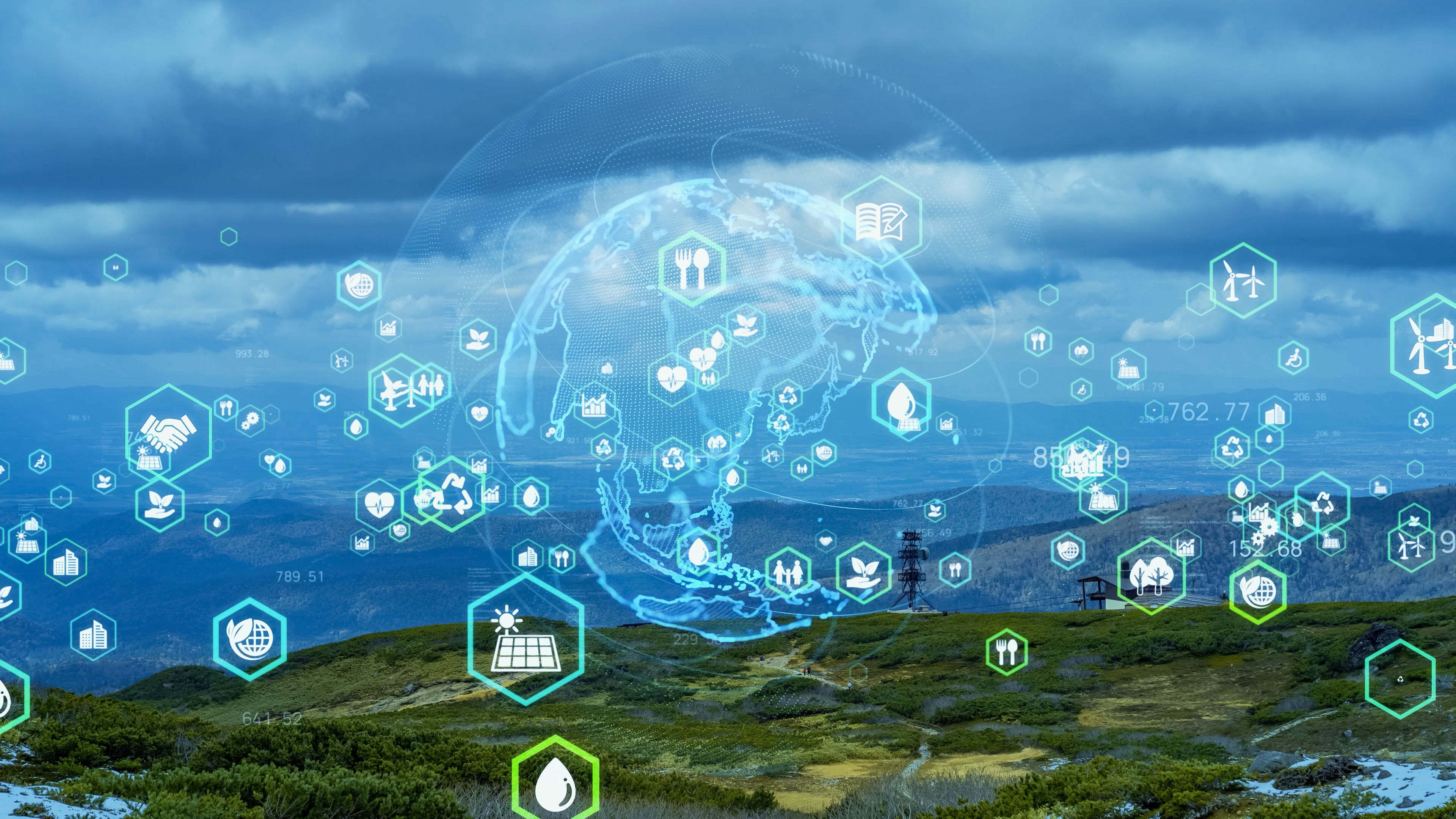The ongoing energy transition – the pathway towards a cleaner, low-carbon energy sector – has changed the way in which energy is produced, transmitted, distributed, and stored. To adapt to these new conditions, new solutions – both technical and systemic – are needed. This also applies to Jordan, where an ambitious roadmap towards a more sustainable, affordable, and secure energy system requires innovative solutions.
The Jordanian-German Energy Partnership is committed to drive innovation in the energy sector as one of four joint political priorities identified by the German Federal Ministry for Economic Affairs and Climate Action (BMWK) and the Jordanian Ministry of Energy and Mineral Resources (MEMR).
The need for innovation
The year of 2021 marked a record in national goals and commitments to reduce greenhouse gas emissions and transform energy systems to be more sustainable, secure, cost-effective, and inclusive. The joint effort of countries to reach this goal has made renewable energy and energy efficiency technologies more accessible, cost-effective and competitive with fossil fuels. Nevertheless, the pace of the energy transition will need to increase in order to meet energy, climate, and development goals. Innovation has been the foundation of the energy transition and is an accelerator for the ways energy systems become more sustainable. Besides improving existing technologies, adapting solutions to local conditions and making them scalable to impactful levels, in a 2018 ‘overview for policy makers’, the International Renewable Energy Agency (IRENA) has encouraged innovation in the sector to be ‘broader’. With this, IRENA refers to innovations in business models, policies, processes and market design, that accompany technological innovation. This systemic innovation is especially suited to enable contributions by the private sector – for example by enhancing the competitiveness of renewables through putting a price on carbon through schemes such as the EU Emission Trading System (ETS).
Adapting to the new energy sources
Innovation must address the rapidly increasing production of electricity from renewable sources worldwide. In comparison to fossil fuels, which can be burnt to produce energy at any time, renewable sources fluctuate throughout the day and depend on the weather. In order to integrate high shares of intermittent electricity generation, innovative solutions are needed - for example through the digitisation of grid management, enhanced storage capacities, and better forecasting of production. Innovative solutions to control electricity demand - for example through time-of-day tariffs or other regulatory innovations – have the potential to support the integration of renewables. The scaling-up of renewable electricity production must also be accompanied by end-use electrification of energy intensive sectors such as transport, industry, and buildings. Simply put, sustainable electricity should be used in processes, which are currently powered by fossil fuels.
Processes which are unlikely to be electrifiable – such as heavy industry, maritime transport, and aviation – require innovation to decarbonise fuels. Research and innovative solutions are likely to pave the way for sustainable hydrogen production, transport, storage and consumption.
German experience in innovation
In its 2021 Federal Government Report on Energy Research, BMWK outlined the government’s continuous support to research and development in the energy sector on high levels, in spite of the global COVID-19 pandemic. In 2020, the Federal Government invested €1.216 billion in energy innovation, funding projects in research institutions, universities, companies, and other organisations. Germany’s funds have increased by 44 percent compared to 2014, reflecting the country’s commitment to innovation as an essential tool for the energy transition. Funding is applied through research networks invested in a variety of topics including bioenergy, construction, energy systems analysis, renewable energy, flexible energy conversion, industry and commerce, electricity grids, start-ups, and hydrogen. The latter is Germany’s most recent focus since the establishment of the National Hydrogen Strategy in 2020.
Germany is part of Mission Innovation, an intergovernmental platform bringing together the work of public and private actors and academia in research and development of clean energy innovations. Representing over 90 per cent of global public investments in the sector, the platform counts towards the most important actors in the field.
Jordan, an economy full of potential
Renewable energy resources, economic development, and national priorities differ between Jordan and Germany. Whilst both countries share the goal to accelerate the pace of the energy transition, the necessary innovative solutions must adapt to their environments. The Energy Partnership is committed to support innovation in Jordan. Expert exchange, such as a recent workshop for transmission system operators by the Energy Partnership, show the transferability of innovative solutions. Jordan’s innovation potential is high: Its median age is 22.5 years (compared to 47.8 years in Germany) and it has the highest density of engineers worldwide - one in every 40 Jordanians is an engineer.
The Energy Partnership stimulates regulatory and technological innovation in the energy sector. Aiming to reach all stakeholders, these activities address both the public sector, as well as supports entrepreneurship and private entities. In order to access Jordan’s most innovative minds, the Partnership furthermore aims to support underrepresented groups in the energy sector and improve the dialogue between government and academia. It co-operates closely with universities throughout Jordan and Germany with the goal to identify, develop, and enable innovative solutions.
What we are doing in this sector:
- Co-organising the Innovation Lab with the King Abdullah Centre for Excellence (KACE). The Innovation Lab shall build innovation management skills within the government, finally leading to the Energy Hackathon. In this final event, participants shall present their innovations to MEMR.
- Designing the Innovation Hub within MEMR to provide a favourable environment for staff and external experts to discuss innovation in the energy sector
- Supporting Jordanian start-ups through the global Start Up Energy Transition (SET) innovation platform.
- Co-organising a workshop on “Energy Storage Systems, Digitisation and Innovation in the Energy Sector” with EDAMA, a Jordanian sustainability NGO focused on energy and water security.
- Hosting an online seminar on the liberalisation of Jordan’s electricity market. The presented policy paper provides a first step towards systemic innovation in Jordan’s energy market design.
Are you a start-up, group of students or entrepreneur with just the right idea to bring forward Jordan’s energy transition? Feel free to reach out to us.
Read more:
Mission Innovation – MI6 Outcomes Report
Startup Energy Transition (SET) Report 2019-2021
Tracking the Impacts of Innovation: Offshore wind as a case study (irena.org)
Energy Innovation | World Energy Council



